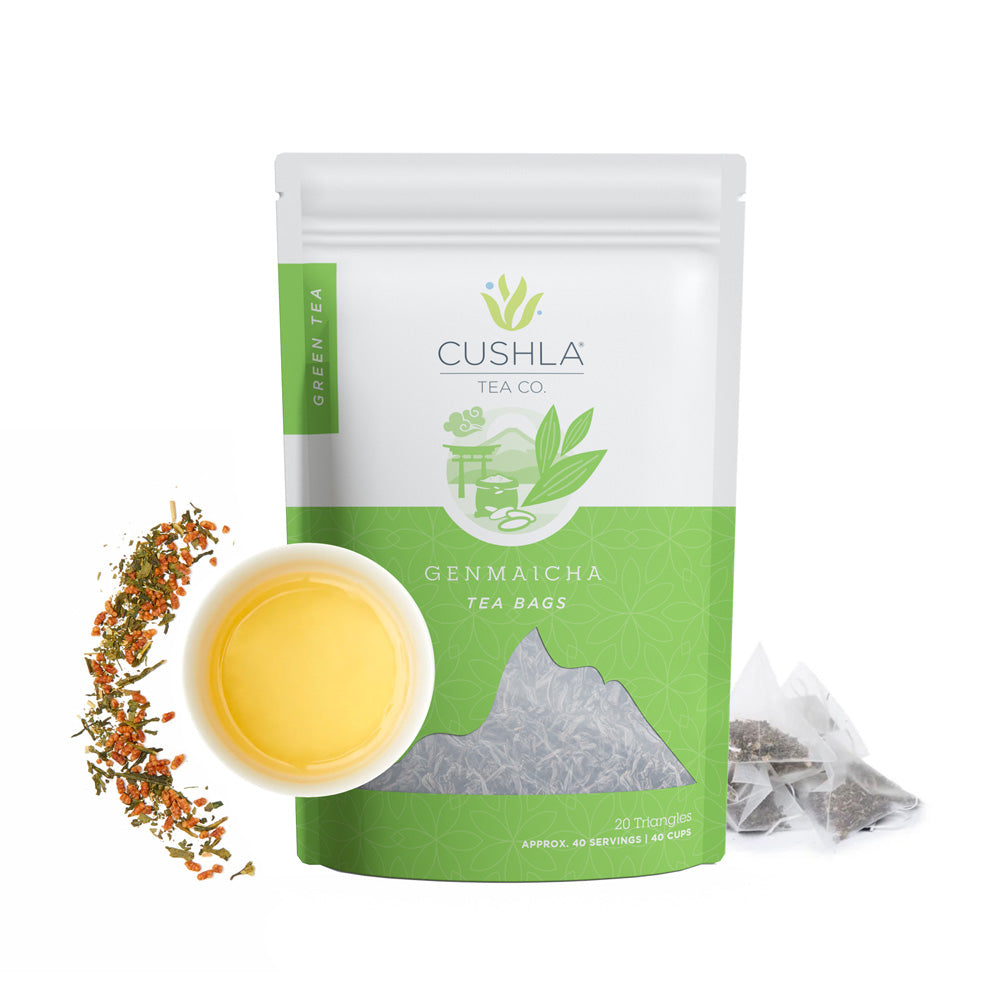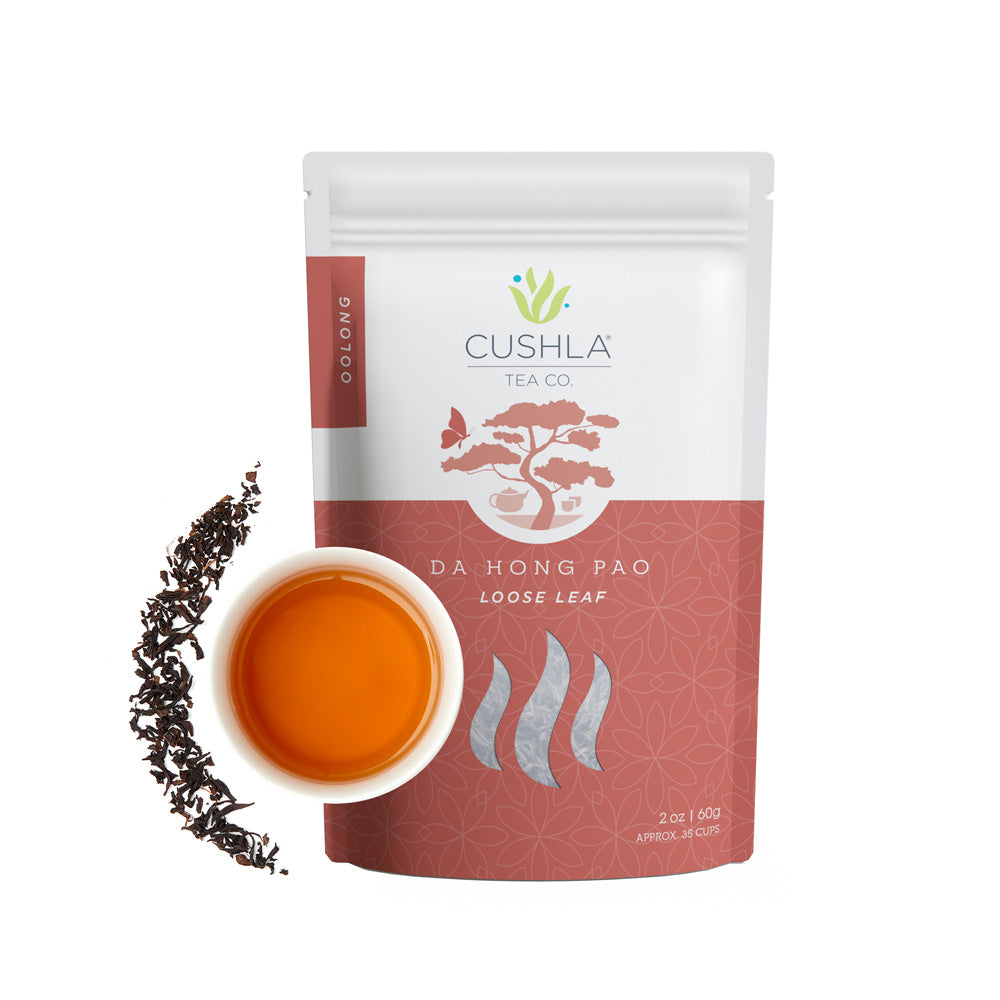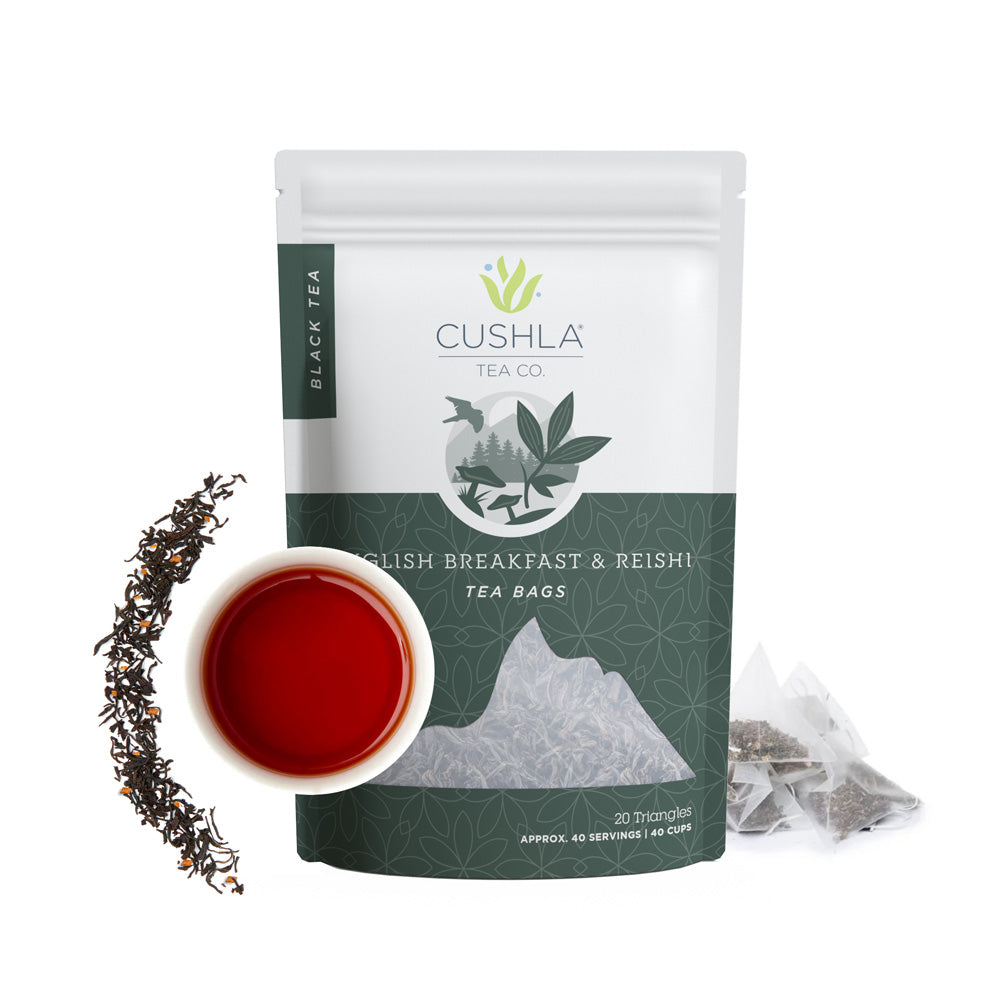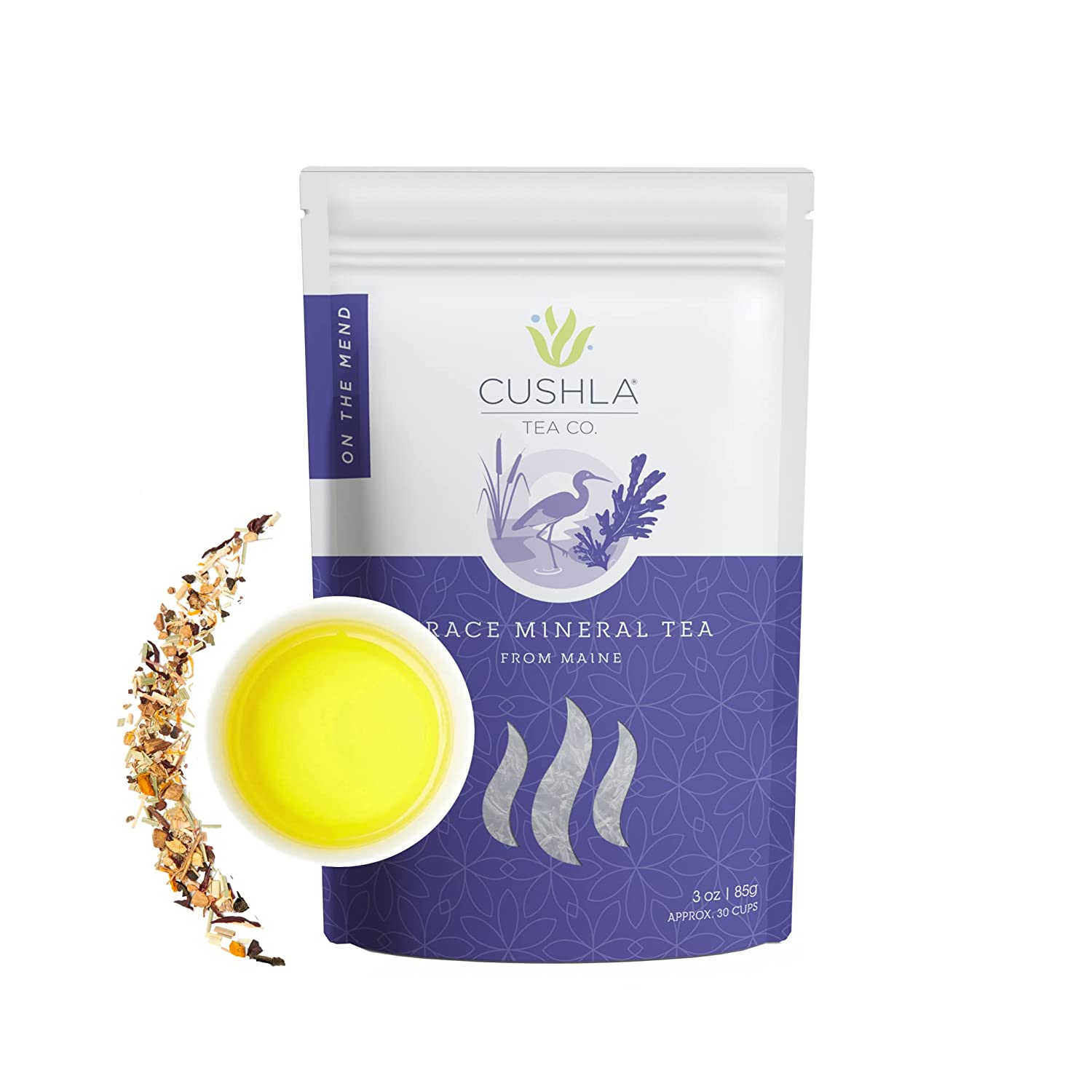For centuries, tea has been a popular beverage in many cultures around the world. In addition to its great taste, tea has long been touted for its numerous health benefits, including its potential for weight loss. Oolong tea, in particular, has gained attention for its potential role in promoting weight loss. But do all types of tea have the same effect, and how can oolong tea be used for weight loss?
First, it’s important to understand that not all teas are created equal when it comes to weight loss. While all types of tea come from the same plant, Camellia sinensis, the different processing methods used to make each type of tea can affect its overall nutritional content.
For example, green tea is often touted for its weight loss benefits due to its high concentration of antioxidants and the catechin epigallocatechin gallate (EGCG), which has been shown to boost metabolism and promote fat burning. Black tea, on the other hand, contains theaflavins and thearubigins, which have been shown to have anti-obesity effects.
Oolong tea falls somewhere in between black and green tea in terms of processing and nutritional content. Oolong tea is partially fermented, which means that it contains some of the beneficial compounds found in both green and black tea. In particular, oolong tea is high in EGCG and theanine, both of which have been shown to promote weight loss.
So, how can oolong tea be used for weight loss? There are a few potential mechanisms at play. One is the caffeine content in oolong tea. Caffeine has been shown to boost metabolism and promote fat burning. A cup of oolong tea contains approximately 37 milligrams of caffeine, which is enough to provide a mild boost in energy and metabolism without causing jitteriness or other negative side effects.
In addition to caffeine, oolong tea contains polyphenols, which are a type of antioxidant. Polyphenols have been shown to help reduce body weight, body fat, and abdominal fat in both animal and human studies. One study found that drinking oolong tea for six weeks resulted in a significant reduction in body weight and body fat in overweight and obese participants.
However, it’s important to note that while oolong tea may have some potential benefits for weight loss, it is not a magic solution. Weight loss requires a combination of healthy eating habits, regular exercise, and lifestyle changes. Drinking oolong tea alone is unlikely to result in significant weight loss.
It’s also important to be mindful of the caffeine content in oolong tea. While a moderate amount of caffeine can have beneficial effects, consuming too much caffeine can have negative side effects such as jitters, anxiety, and insomnia. It’s recommended that adults consume no more than 400 milligrams of caffeine per day, which is the equivalent of about four cups of brewed coffee.
In conclusion, while oolong tea may have some potential benefits for weight loss, it is important to approach it as just one small part of an overall healthy lifestyle. Drinking a cup of oolong tea in the morning may provide a small boost in energy and metabolism, but it’s unlikely to result in significant weight loss on its own. It’s important to combine oolong tea with a healthy diet, regular exercise, and other healthy lifestyle habits to achieve and maintain a healthy weight.
Sources
- “Effect of oolong tea on enhancing weight loss and preventing obesity: a randomized, double-blind, and placebo-controlled trial.” Journal of Food and Nutrition Research, vol. 3, no. 6 (2015): 393-399.
- “Oolong tea increases energy metabolism in Japanese females.” Journal of Medical Investigation, vol. 64, no. 1-2 (2017): 12-17.
- “Metabolic effects of EGCG and caffeine in humans.” Journal of the American College of Nutrition, vol. 26, no. 6 (2007): 671-678.
- “Effects of oolong tea on metabolism of rats with high-fat diet-induced obesity.” Chinese Journal of Integrative Medicine, vol. 20, no. 11 (2014): 831-836.
- “Oolong tea increases energy expenditure and fat oxidation in men.” Journal of Nutrition, vol. 141, no. 8 (2011): 1471-1478.
- “The beneficial effects of tea on metabolic function in relation to type 2 diabetes mellitus.” Journal of Nutrition, vol. 138, no. 10 (2008): 1923S-1932S.
- “Effect of oolong tea on blood glucose and lipid levels in type 2 diabetes.” Journal of Clinical and Experimental Medicine, vol. 11, no. 4 (2012): 252-255.
- “Oolong tea polyphenols improve glucose metabolism in high-fat diet-induced diabetic mice.” Molecular Nutrition and Food Research, vol. 58, no. 3 (2014): 600-609.
- “Hypoglycemic effects of oolong tea on type 2 diabetes mellitus.” Journal of the Chinese Medical Association, vol. 76, no. 5 (2013): 317-321.
- “Effects of oolong tea on energy expenditure and fat oxidation in overweight and obese men.” Journal of Functional Foods, vol. 5, no. 2 (2013): 1117-1124.






